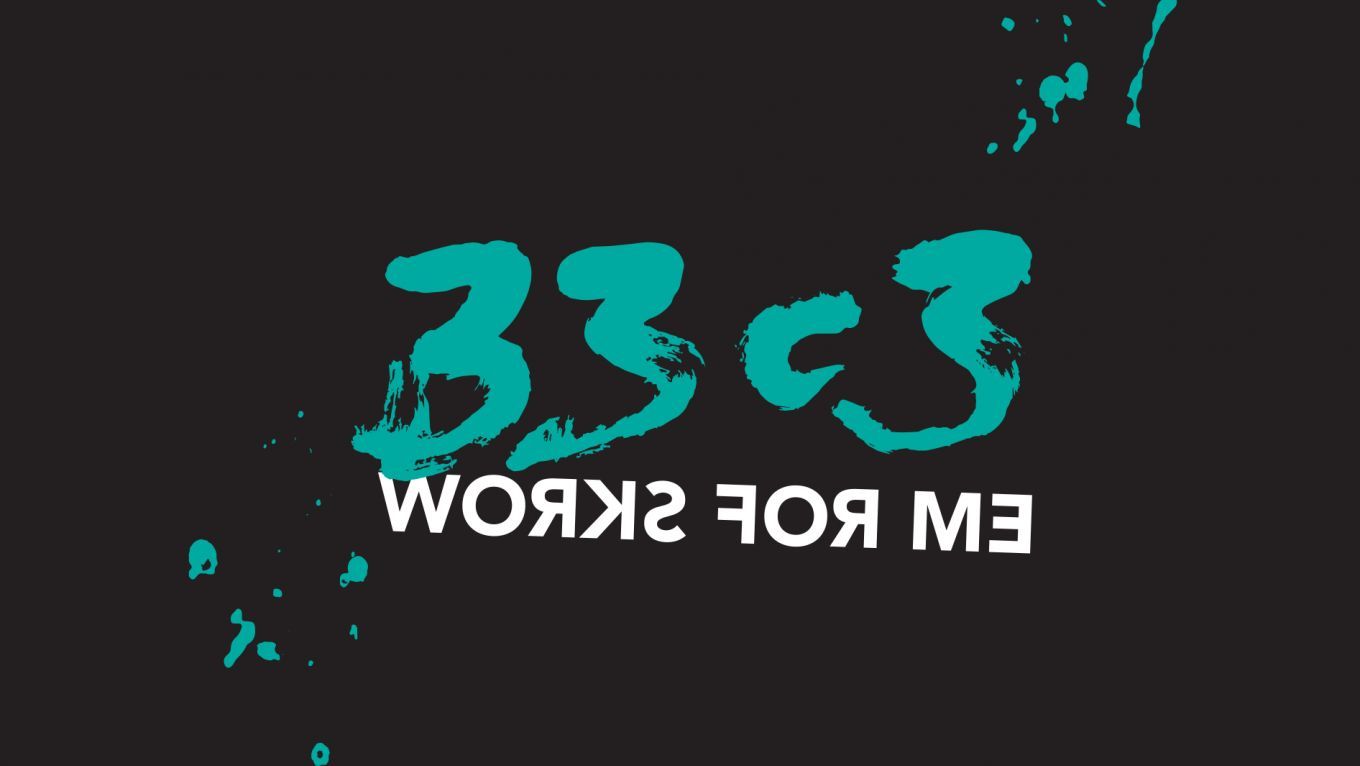Art & Culture
The Clash of Digitalizations
The Devolution of Arab Men from Humans to Digital Fodder
This talk discusses the representation of Arab males in video games and the adverse effect it has on the collective political imagination. Anonymous military-aged Arab men become increasingly the exception to the laws of human rights, and become default targets for conventional and unmanned drone attacks. This devolution is seen through the lens of the changing nature of conflict through digitalization, the collapse of the nation state in Iraq and Syria, and the future of war.
In the popular video game series "Call of Duty: Modern Warfare", Arab men are consistently depicted as the mindless throngs of the indestinguishable enemy. The First Person Shooter (FPS) genre lends itself to killing enemies, usually many in the same round, but the evolution of the target went from Nazi's in Wolfenstein 3D in 1992, to targets that become increasingly comparable to Arabs and Muslims in the following years. So besides historically oriented games that focus on the combatants of World War II, most games since the 1990's begin to shift their focus to another kind of enemy--one that suspiciously looks Arab or Islamic. Even Sci-Fi epics like the Halo series, which take place may hundreds of years in the future, the enemies start taking on an exotified look and feel, and follow an obviously religious ideology that is inimical to universal peace. The smallest insignificant alien becomes a strategic risk as they become "suicide bombers" blowing themselves up before they die, expressing a sigh of cowardice before they die.
In "Modern Warfare 2", something suprising happens. The Arab characters are given a little more depth and backstory, and the Arabic dialogue is the most realistic of any of the other games. It also becomes the version of the game that is most modified by users (in so-called "mods"). Hacked and converted to other versions, there is significantly a version used by Al-Qaeda for recruitment purposes. The production company responsible, Infinity Ward, later had its two chief developers and founders fired under mysterious circumstances.
As a researcher on radical Islamic thought, over the years I have collected some materials about video games and their uses for recruitment and ideological training on the Jihadist side. What I would like to do for 33C3 is show versions of the modded games parrallel to the originals in a face-off setting, and give a lecture about the background to these games. I will explore stories of recruitment from American soldiers, and how these games factored into their decision to join the U.S. military. Through the digital realm, I will propose a new framework for understanding the so-called Huntingtonian "Clash of Civilizations"--where very recent cultural artifacts become automatic motivations. As a drone operator sees the pixelation of a real Arab male on the screen, it is an image he's shot at in the virtual domain over and over again since he was a child. The Arab male has devolved from being a human being (in the way that women or children, or caucasian males are) to being mere fodder, a natural target where you simply just shoot.
Additional information
| Type | lecture |
|---|---|
| Language | English |
More sessions
| 12/27/16 |
I would like to present my project called Anthropology for kids and a specific book, that I am working on in the larger framework of this project. This book will look like an ordinary school notebook in which a teacher checks a student if the lesson had been learnt. But it is actually not! I gathered this collection of historical and anthropological notes, so that together with school kids we can think about how the very idea of privacy was developed in different countries and in different ...
|
| 12/27/16 |
tl;dr: Mother Teresa said "If I look at the mass I will never act. If I look at the one, I will." I'll present ways that make us act when looking at the mass.
|
| 12/27/16 |
Keys Of Fury is a brutalist storytelling about technology and keystrokes where text is used unadorned and roughcast, like concrete. I define my practice as KYBDslöjd (drawing by Type In) who uses the Commodore 64 computer, Teletext technologies and Typewriter. Brutalism has an unfortunate reputation of evoking a raw dystopia and KYBDslöjd evokes an “object of nostalgia”. But nostalgic, retro, obsolete or limited are rhetoric qualities earn by constant repetition. We live in ...
|
| 12/28/16 |
Berufe aus vergangenen Zeiten
|
| 12/28/16 |
Inspired by a long history of bold reality hacks this talk considers the kinds of potentials opening up through emerging Virtual Reality (VR) and Mixed Reality technologies. In this current moment of climate crisis and structural metamorphosis how can we work with powerful immersive technologies to understand our own perceptual systems, to radically communicate and to innovate new ways of being together?
|
| 12/28/16 |
Der Kampf der Hinterbliebenen um die Wahrheit --- Geride kalanların gerçekler için savaşı
|
| 12/29/16 |
James Bridle is a British writer and artist living in Greece. His work explores the impact of technology on society, law, geography, politics, and culture. His Drone Shadow installations have appeared on city streets worldwide, he has mapped deportation centres with CGI, designed new kinds of citizenship based on online behaviour. and used neural networks and satellite images to predict election results. A New Dark Age is an exploration of what we can no longer know about the world, and what we ...
|

